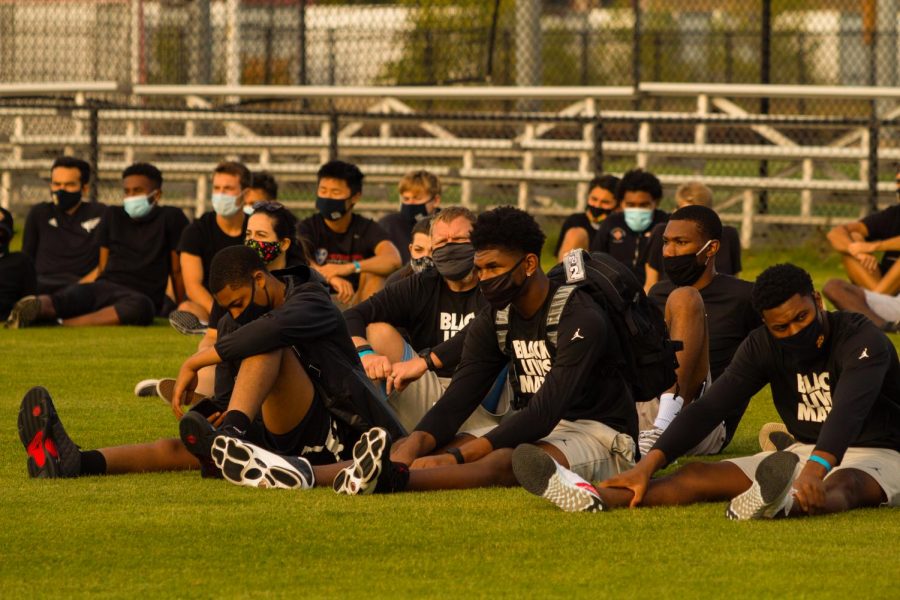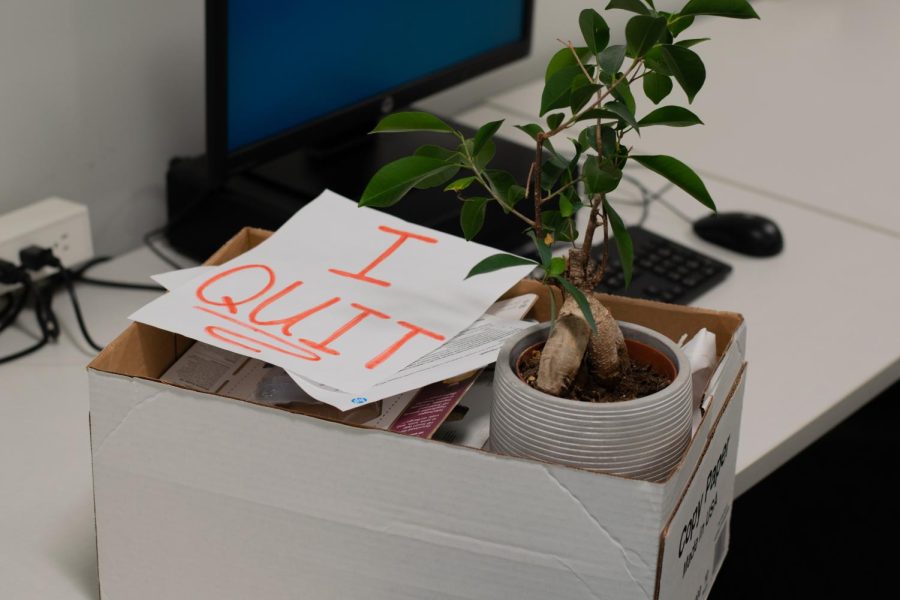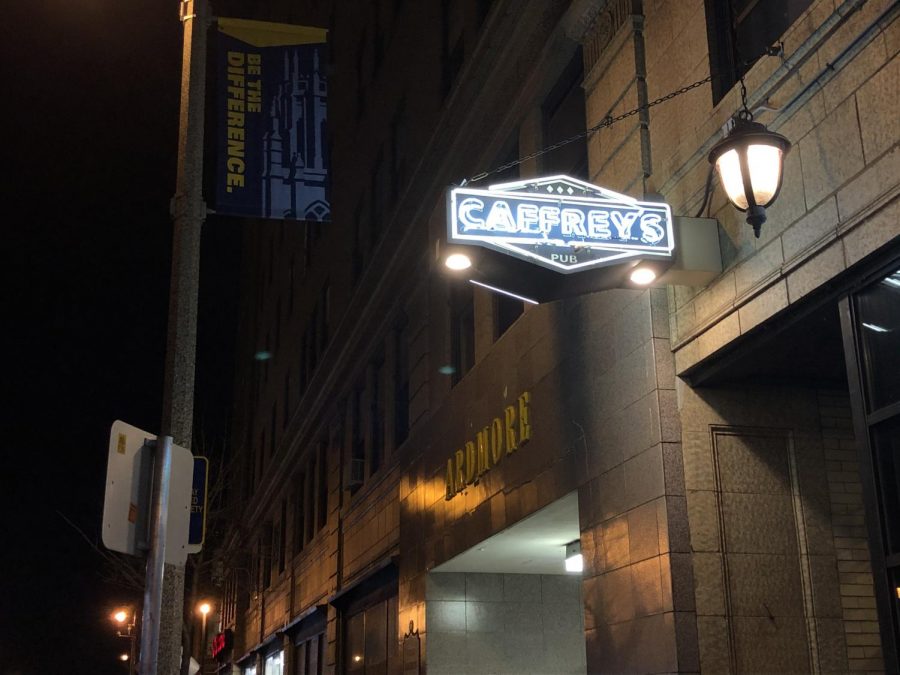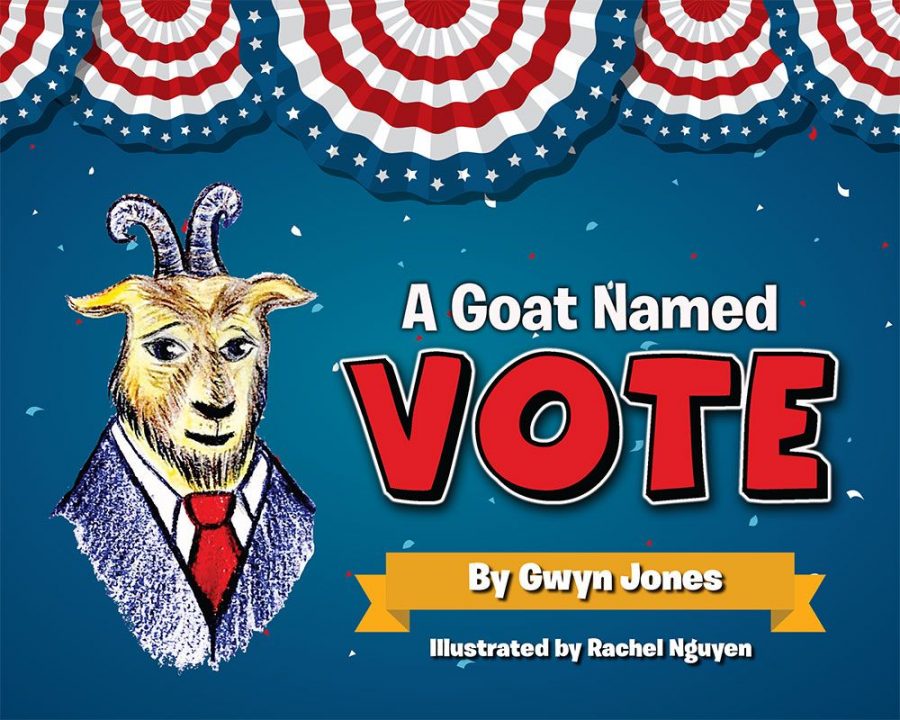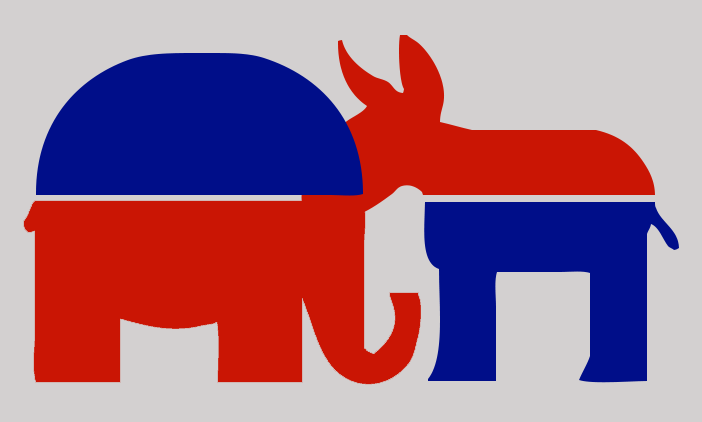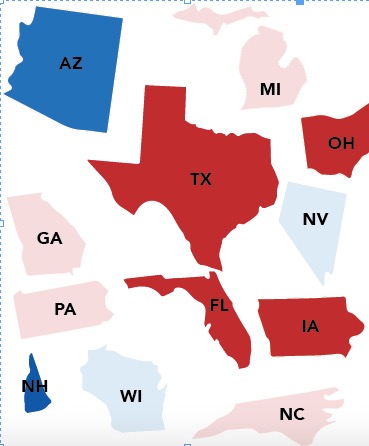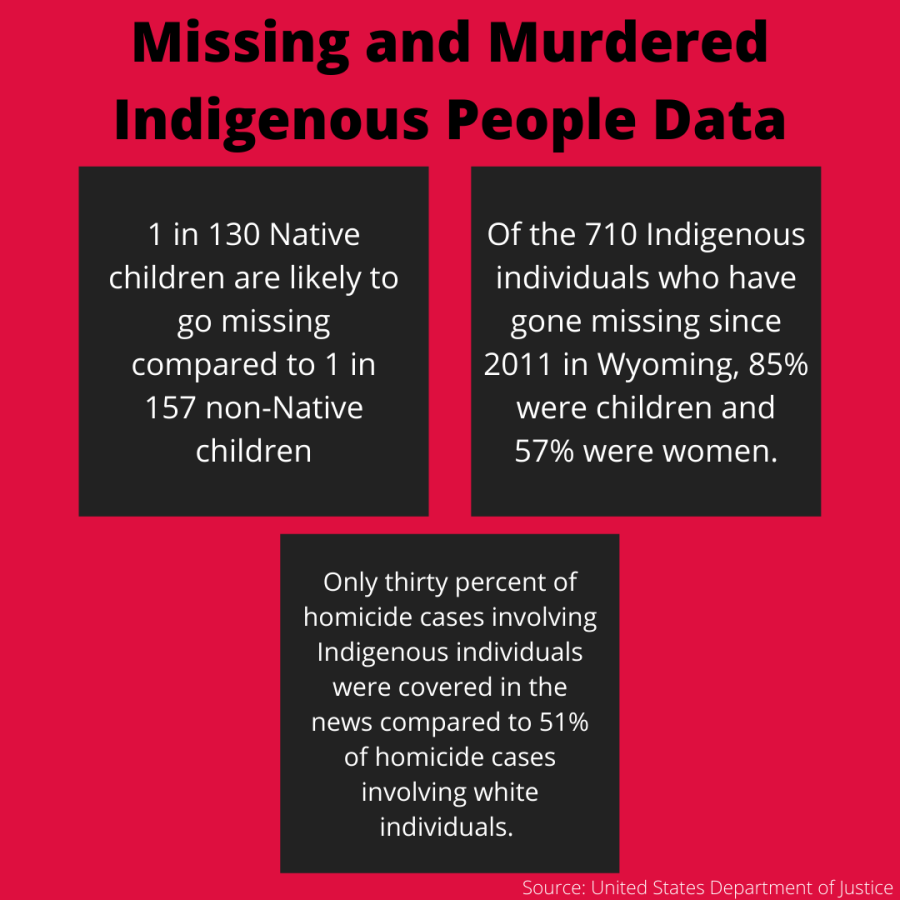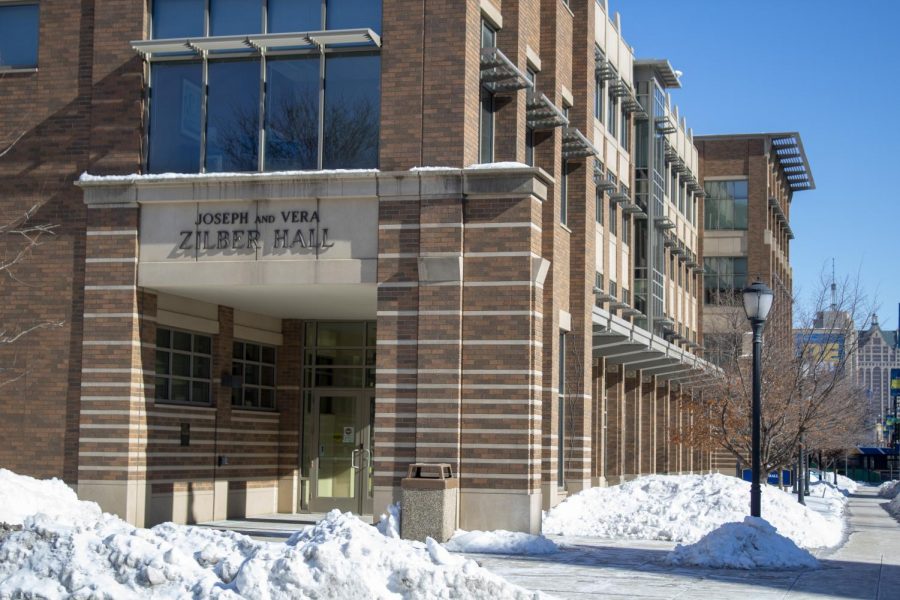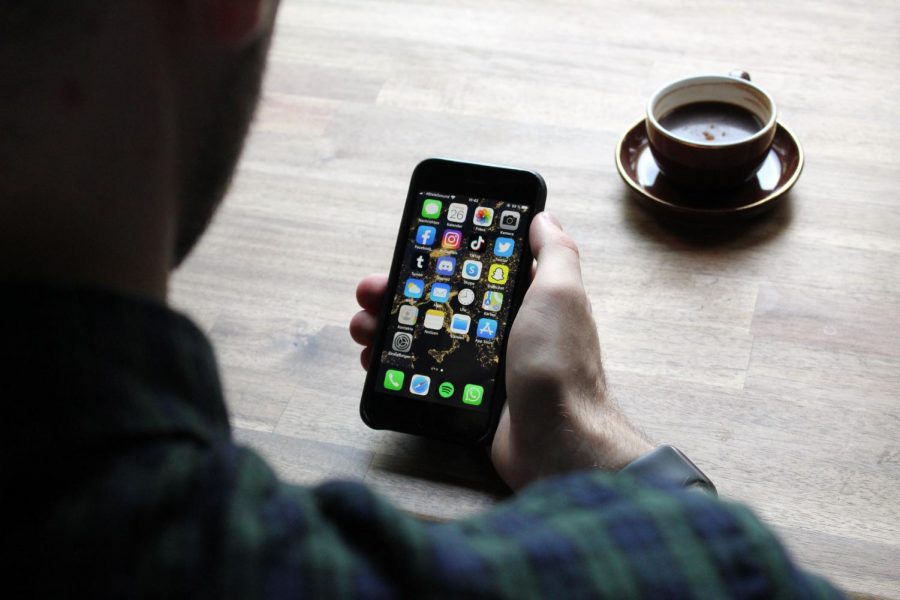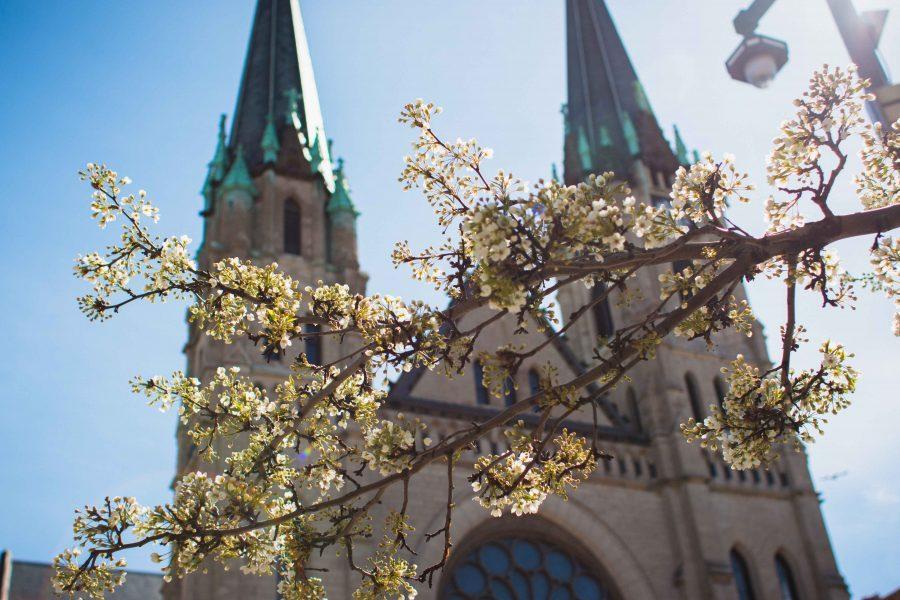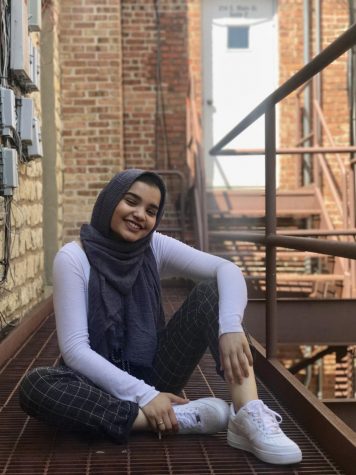“Five. Four. Three. Two. One!”
Suddenly the room is filled with the screams and squeals of children. The echoes of colorful plastic Party City kazoos fill the air and confetti flutters around my head.
On the television screen in front of me, a countdown clock starts again with the numbers “24:01:20.”
It’s January 1, 2020, 12:01 a.m.
I am standing in my aunt’s cold Wisconsin home laughing as I watch my baby cousins jump on the couches in excitement at the start of a new decade.
Little did we know what this year was about to bring.
Just 24 hours later, Iranian General Qasem Soleimani dies due to a U.S. drone strike. This military move sends ripple effects throughout the Middle East and beyond. Not long after, “World War III” is trending on Twitter and the public has already created memes trying to subdue the possible imminent destruction of the world.
10 days later, China reports news of the death of a 61-year-old man living in Wuhan, China. The cause of death: the novel coronavirus, then known as 2019-nCOV.
Five days after this, the impeachment trial for President Donald Trump begins, where the Senate eventually acquits him.
Four days later, Washington state finds the first case of COVID-19 has entered the United States border.
Three days after that, China enters a complete lockdown, after rapid spread of the coronavirus, restricting more than 35 million residents.
January 26, the world faces the devastating loss of basketball legend Kobe Bryant and daughter Gigi Bryant.
And this was just the first 31 days of 2020.
Soon, life as we knew it got even stranger as schools across the country shut down and Americans were stuck in their homes for four months. Masks, shields, gloves and hand sanitizer were normalized in public, and the words “quarantine” and “social distancing” entered our everyday vernacular like never before.
On May 25, America was struck with another tragedy as news of the murder of George Floyd flooded our social media feeds. His death sparked what may be the largest racial movement in history, with anywhere from 15 million to 26 million Americans participating in Black Lives Matter movements as of July 5. 60 countries held Black Lives Matter protests all to stand in solidarity with the global Black population, but more specifically to rise against the terribly high cases of police brutality.
In light of this racial reckoning, it was made clear Black people have been suffering a pandemic since their arrival in the U.S. The disease of racism is the foundation of this country and has infected American institutions. The Black Lives Matter movement woke people up to the need for immediate change to our systems.
Now, the country is less than a month away from the 2020 presidential election. This election is seemingly the most stressful and important one in recent history, as the votes of the American public will decide whether or not Trump — the racist, sexist, xenophobe and sexual assailant — will continue his stay in office.
We are living in a year that has culturally reset various aspects of what before seemed to be normal. We live with different expectations for the world, now hoping that one trip outside our homes does not cost a life. We must acknowledge that we live in an unjust society where Black people get murdered at a rate too high solely for the color of their skin. Minorities live their days hoping the president does not choose to attack their community and people that day.
For those of us who care to understand the severity of the coronavirus and are upset at the state of our country, 2020 has meant a year of fear. Fear for the lives of the loved ones around us. Fear for the future of our country and those affected by the injustices of it every day.
But with fear also comes resilience.
Despite the troubles and obstacles 2020 has brought us, we continue to tread on. We are here. You are here. And that is something to be proud of.
Whatever the outcome of 2020 is, we can know we survived it. It is hard to imagine that anything the world brings us will surprise us after living through a possible world war, the coronavirus, the largest movement in history and a highly anticipated presidential election.
100 years ago the world was experiencing its own crisis, the 1918 influenza, also known as the H1N1 virus. The pandemic traveled around the globe infecting 500 million people and killing 50 million. It was a worldwide phenomena that affected society for years. People were left to quarantine and isolate themselves with no vaccine in sight.
Today, people face the same confusion and longing for an end to these troubles. We too are stuck inside our homes wondering when our lives can reach some point of normalcy again. Although the similarities are striking, there is one thing that differentiates us from a century ago.
We live in the age of the internet and social media where, for example, Gen Z has the power to put a presidential rally to shame all through the use of the social media application TikTok.
The world has gone through revolutions and significant moments in the past, from the first World War to the 1918 pandemic to the Civil Rights Movement, but with the connection created through social media and the internet during these times, our generation shares a bond others do not have.
We have now, more than ever, found ways to be united through these hardships. We have risen up against all odds to persevere through another day.
As 2020 continues, we must learn how to grow both as individuals and as a country. The U.S. has much to change to truly be a country all Americans are proud to call home. We must continue to do the work and put in the effort to create this necessary change. From doing our part to get tested and wear masks in public to practicing anti-racist behavior daily, we all have our own small part to perform.
We must look at 2020 as a steppingstone into the future. This is a chance for our generation to look at its country’s past and see what it has overcome to understand the considerable amount of work it has yet to accomplish. We may not know what our future holds, but we know that we must change the ways of our past to create a better future for all.
This story was written by Aminah Beg. She can be reached at aminah.beg@marquette.edu


